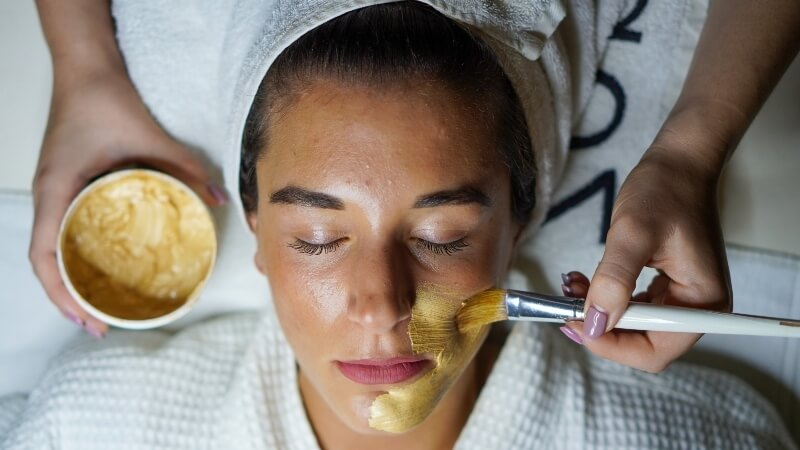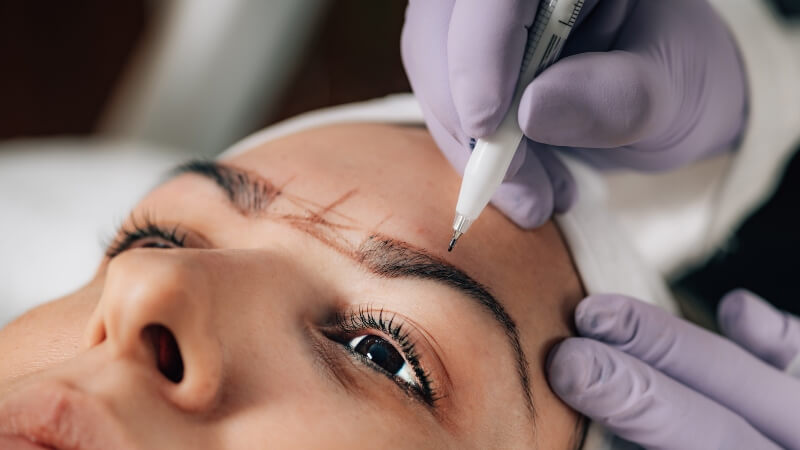- The most comprehensive, constantly updated directory of beauty programs in the U.S.
- We've helped thousands of beauty students find their school
- Human editorial team - our content is never AI-generated
Student Voices
Follow cosmetology student, Ashley, through her school day
Get tips from Delecia on how to choose the right school
Learn how Deavyon plans to set herself up for a successful career
Whether you want to be a cosmetologist, esthetician, barber, makeup artist, or other beauty professional, beauty is a creative field with huge potential. Beauty Schools Directory is the resource to help you find the right career and beauty school.
Explore Beauty Programs
The world of beauty jobs is incredibly varied, as well as what you learn in training programs. Learn more about different beauty disciplines.
Beauty & Wellness Professionals $2,500 Scholarship
Beauty School Directory’s $2,500 scholarship is awarded twice yearly for students and professionals changing others’ lives through wellness and beauty. Enter to win today!
Getting Started with Beauty School
Typical Coursework
From hair styling to skincare, discover the variety of beauty school coursework that can prepare you for a rewarding career.
Cost of cosmetology school How to pay for beauty school Research beauty programsLaunching Your Beauty Career
Explore Beauty Careers
Discover various beauty careers and learn more about job skills, education paths, and licensing requirements.
Creating a beauty portfolio Acing your technical audition Marketing tips for beauty professionalsResources for Professionals
License reciprocity rules by state
Practicing in a new state? You may be able to get your license recognized by your new state to continue your work.
Continuing education guide Becoming a beauty instructor Advanced certificationsFeatured Articles
Compare salary information from multiple sources and hear what real beauty pros have to say about their earnings.
Learn to perform cosmetic treatments and therapies at the crossroads of beauty and health and wellness.
Cosmetology schools are increasingly offering some of their curriculum online. Discover flexible and convenient online options as part of your cosmetology school program.
Explore the possibilities of switching from nursing to cosmetology and pursuing your passion for beauty.
Top Cities for Launching Beauty Careers
LOS ANGELES, CA
Los Angeles is a hub for beauty and fashion, making it an ideal city to start your career in the beauty industry.
PHOENIX, AZ
One of the fastest growing metro areas in the U.S., Phoenix has a growing need for beauty professionals with knowledge of on-trend styles.
HOUSTON, TX
The diversity of Houston offers numerous opportunities for aspiring beauty professionals to launch their careers for a variety of clients.
Find a Beauty School Near You
- Alabama
- Alaska
- Arizona
- Arkansas
- California
- Colorado
- Connecticut
- Delaware
- D.C.
- Florida
- Georgia
- Hawaii
- Idaho
- Illinois
- Indiana
- Iowa
- Kansas
- Kentucky
- Louisiana
- Maine
- Maryland
- Massachusetts
- Michigan
- Minnesota
- Mississippi
- Missouri
- Montana
- Nebraska
- Nevada
- New Hampshire
- New Jersey
- New Mexico
- New York
- North Carolina
- North Dakota
- Ohio
- Oklahoma
- Oregon
- Pennsylvania
- Rhode Island
- South Carolina
- South Dakota
- Tennessee
- Texas
- Utah
- Vermont
- Virginia
- Washington
- West Virginia
- Wisconsin
- Wyoming






